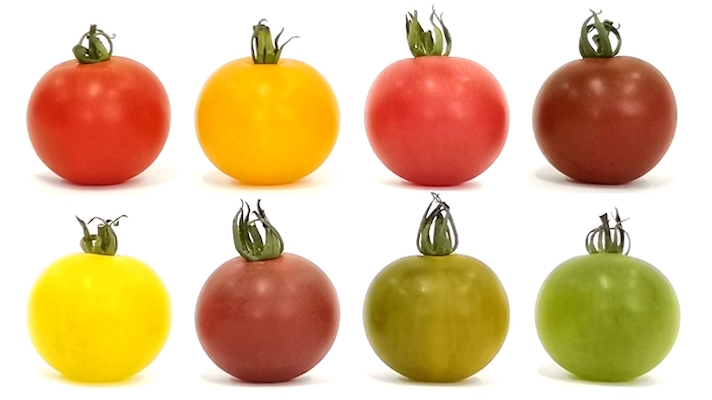
A research group has developed a rapid breeding strategy to generate tomato lines with different colored fruits from red-fruited materials by CRISPR/Cas9-mediated multiplex gene editing.

A research group has developed a rapid breeding strategy to generate tomato lines with different colored fruits from red-fruited materials by CRISPR/Cas9-mediated multiplex gene editing.

An international team of researchers has discovered exactly how peas have evolved and revealed the traits breeders can leverage to make them even better.

Doing research outside of the lab is important to career advancement in scientific fields like ecology, geology and paleontology, but it comes with a host of unique challenges. That’s why a team developed a guide for making fieldwork safer and more equitable, especially for researchers from marginalized groups.

Researchers have studied how certain bacteria perform photosynthesis using low-energy light, which could be engineered into crops to boost production. By studying the way two bacteria perform the difficult chemistry of photosynthesis, a team has discovered the trade-offs they make when using lower-energy light. This could inform plant genetic engineering that aims to make crop and biomass production more efficient.
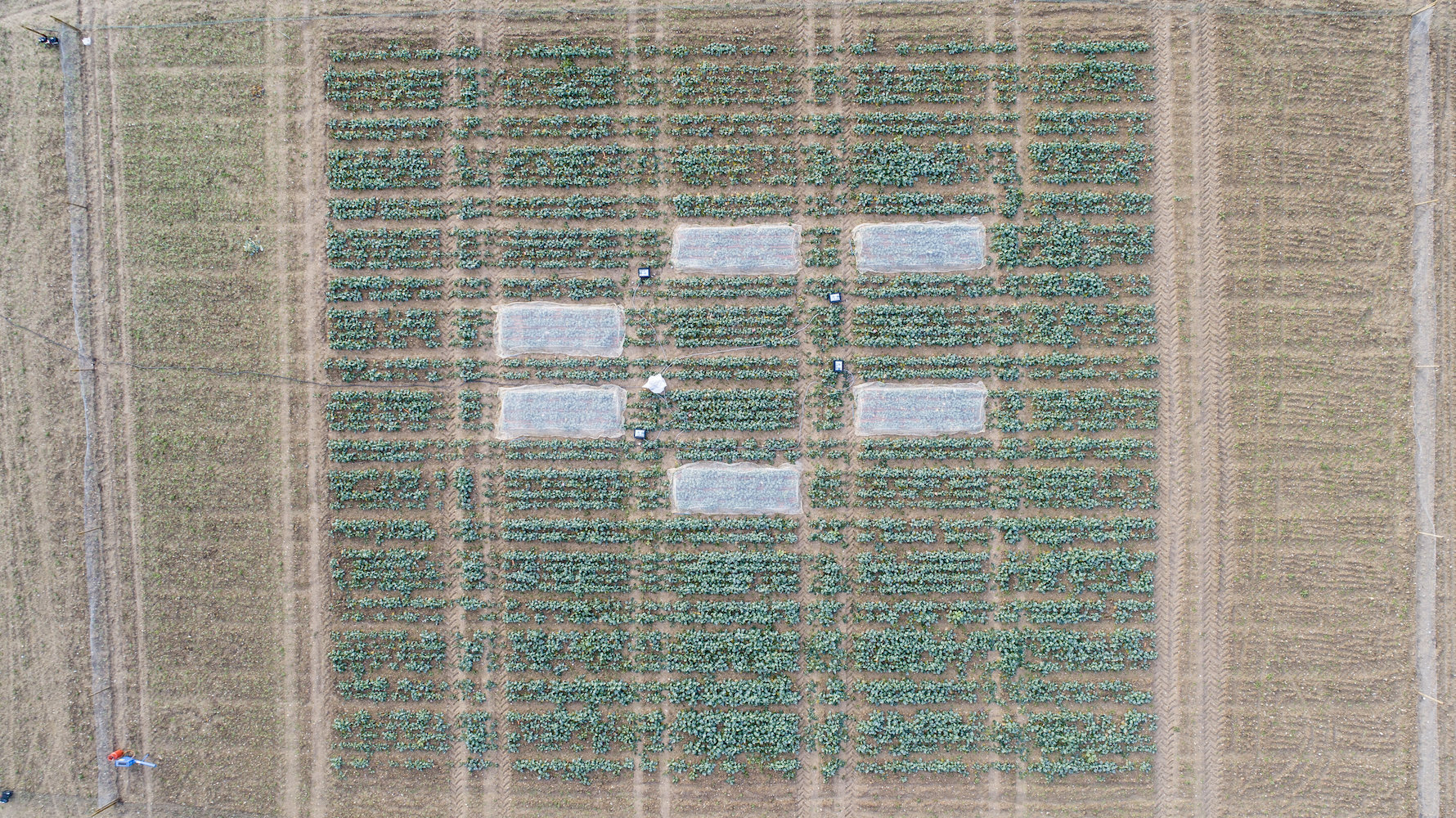
Innovative experiments using temperature-controlled field plots have helped to explain the link between early winter temperatures and yield in some of our most marketable arable crops.
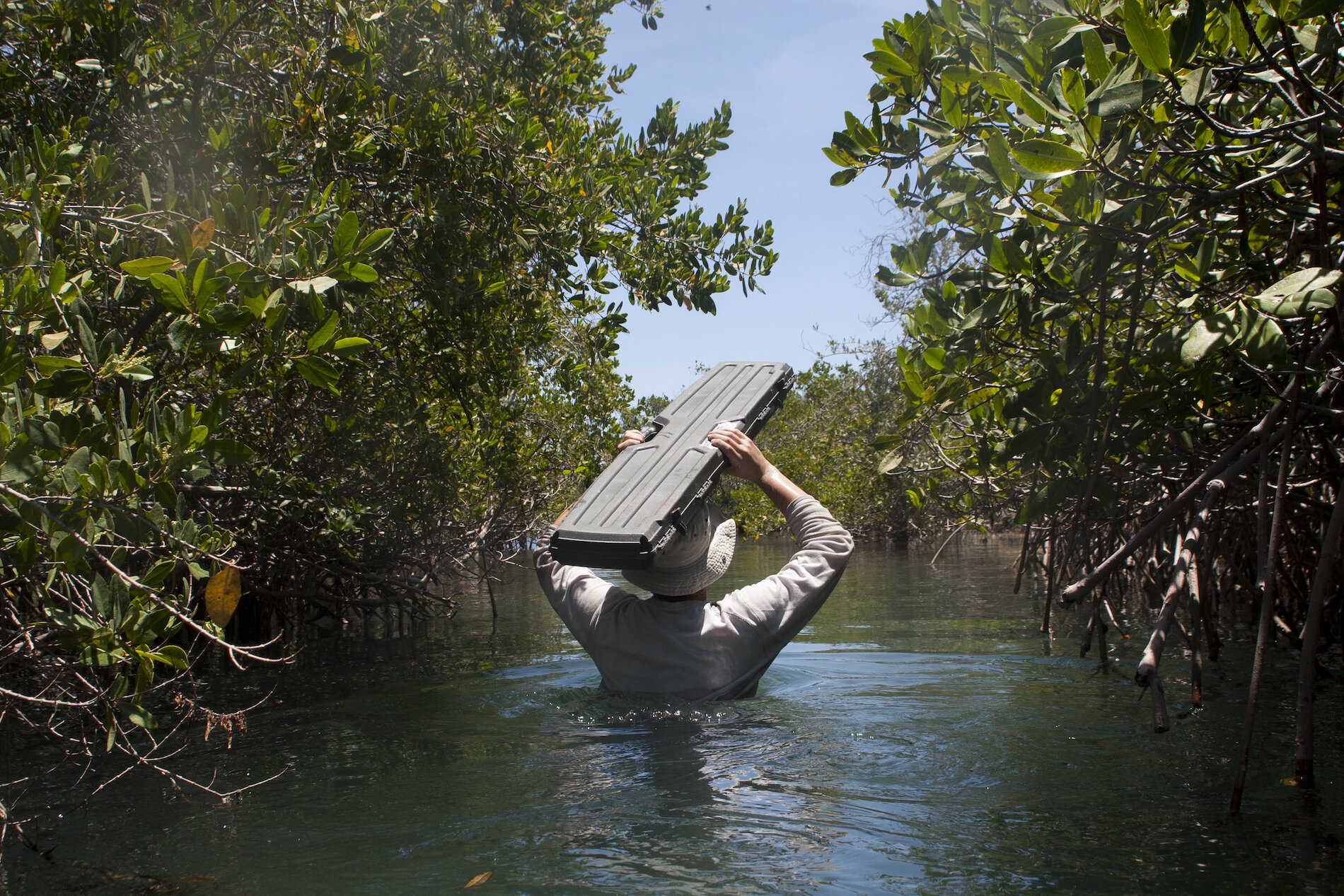
Researchers have identified a new reason to protect mangrove forests: they’ve been quietly keeping carbon out of Earth’s atmosphere for the past 5,000 years.

A new banana fungus is rapidly spreading across the globe. It hit Africa a decade ago, and now spreads, a genetic study reveals. They state that the disease poses a threat to Africa’s food security.
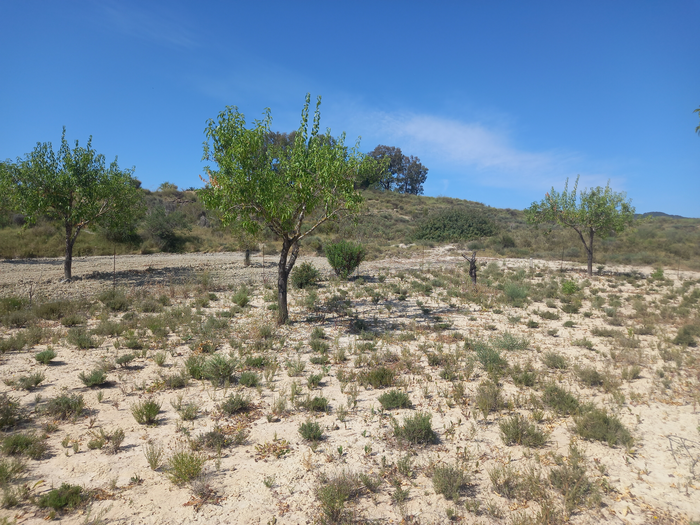
The introduction of perennial crops in the alleys of Mediterranean dryland almond orchards reduces greenhouse gas emissions and increases soil carbon sequestration, according to a new study.
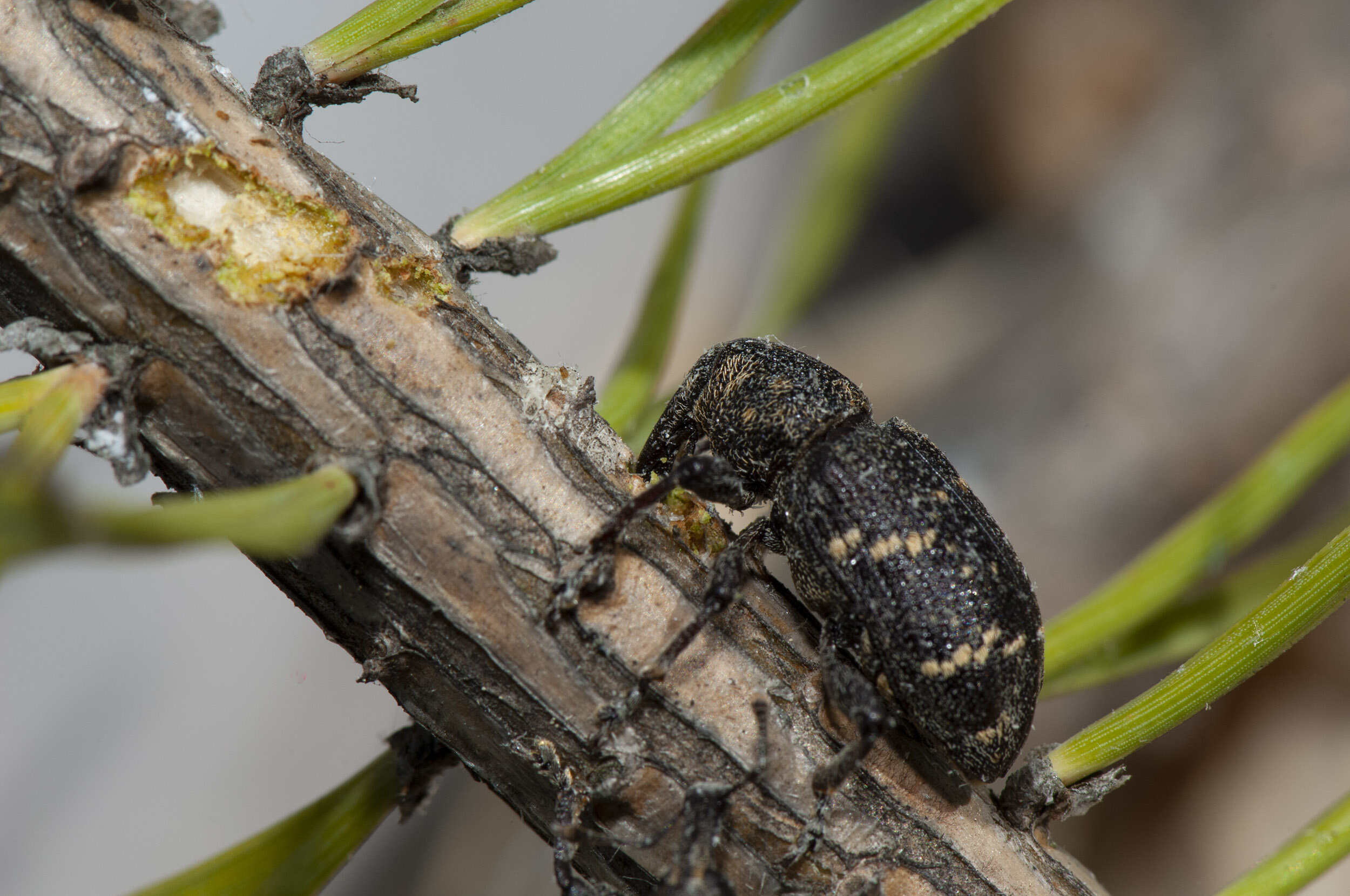
Conifers are dominant tree species in boreal forests, but they are susceptible to attack by bark beetles.
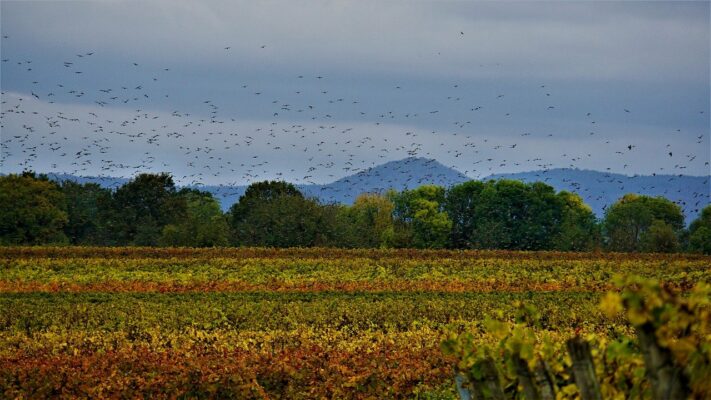
While increased carbon dioxide levels in the atmosphere encourage plant growth, they also reduce the nutritional value of plants, which can have a larger impact on nutrition and food safety worldwide. Researchers discovered a new way plants are adapting to the changing climate — information that can be used to help plants grow strong while also maintaining their nutritional value.